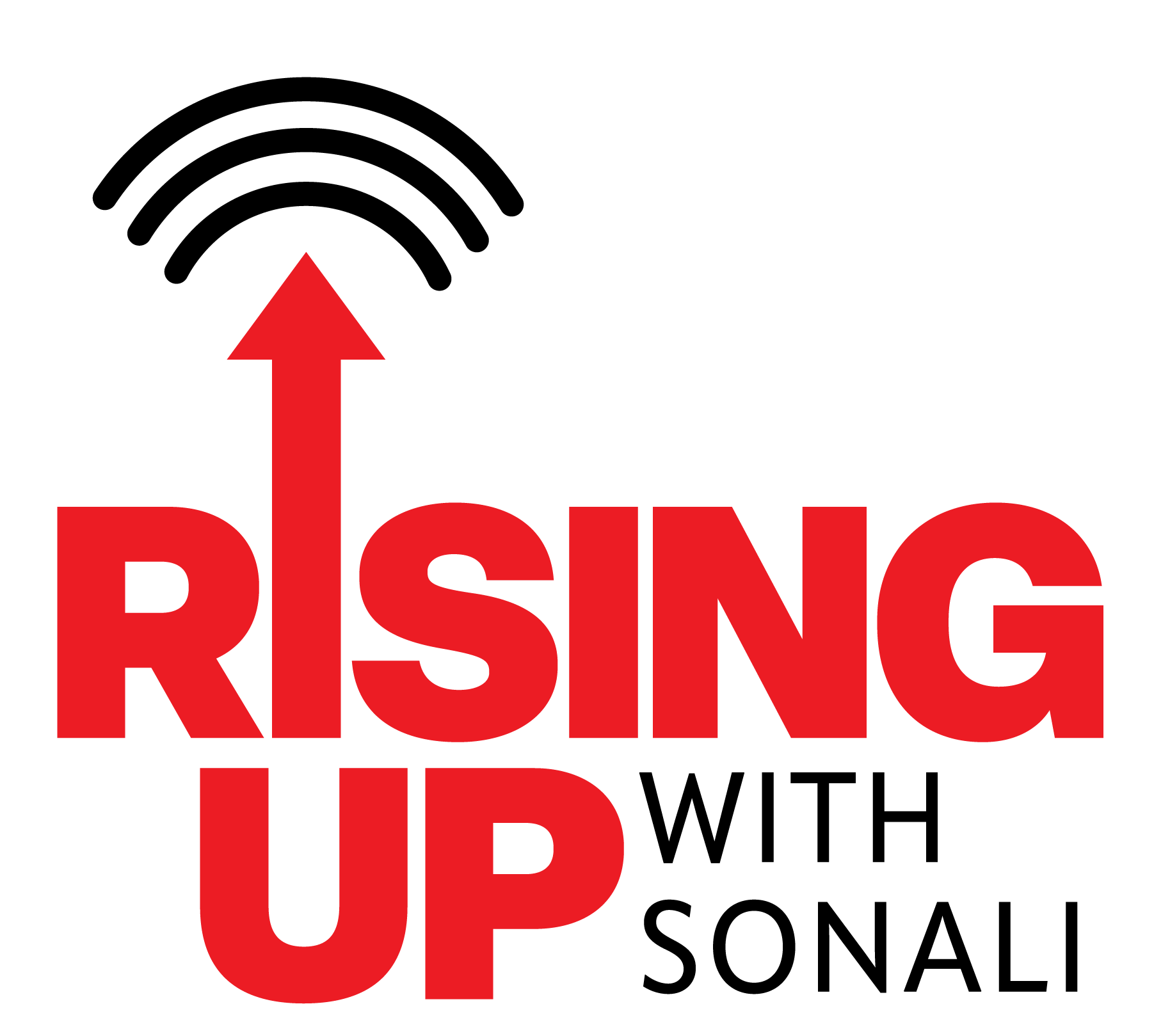New Book Imagines Human Society ‘After The Internet’
Listen to story:
Download: mp3 (Duration: 30:30 — 27.9MB)
FEATURING RAMESH SRINIVASAN – Once upon a time, the Internet was heralded as the great equalizer across class, the harbinger of freedom, openness, transparency, and democracy. And during moments like Occupy Wall Street or the Arab Spring revolts, that seemed almost true.
But today revelations about pervasive government spying exposed through Edward Snowden’s revelations, and election interference by outside actors in the US’s 2016 elections, has left many of us with far less confidence about the Internet’s ability to make the world better. Although our ever-improving digital technologies were supposed to erase social and economic divides, it seems as though the Internet simply reinforces such divides.
Can we strengthen people’s power through the Internet, or should we foist our requirements of justice and equality onto the Internet in order to make it work for us?
Ramesh Srinivasan, Director of the Digital Cultures Lab and Associate Professor of Information Studies and Design and Media Arts at the University of California, Los Angeles. Author of Whose Global Village? Rethinking How Technology Shapes Our World. His new book, co-authored with Adam Fish is called After the Internet.
